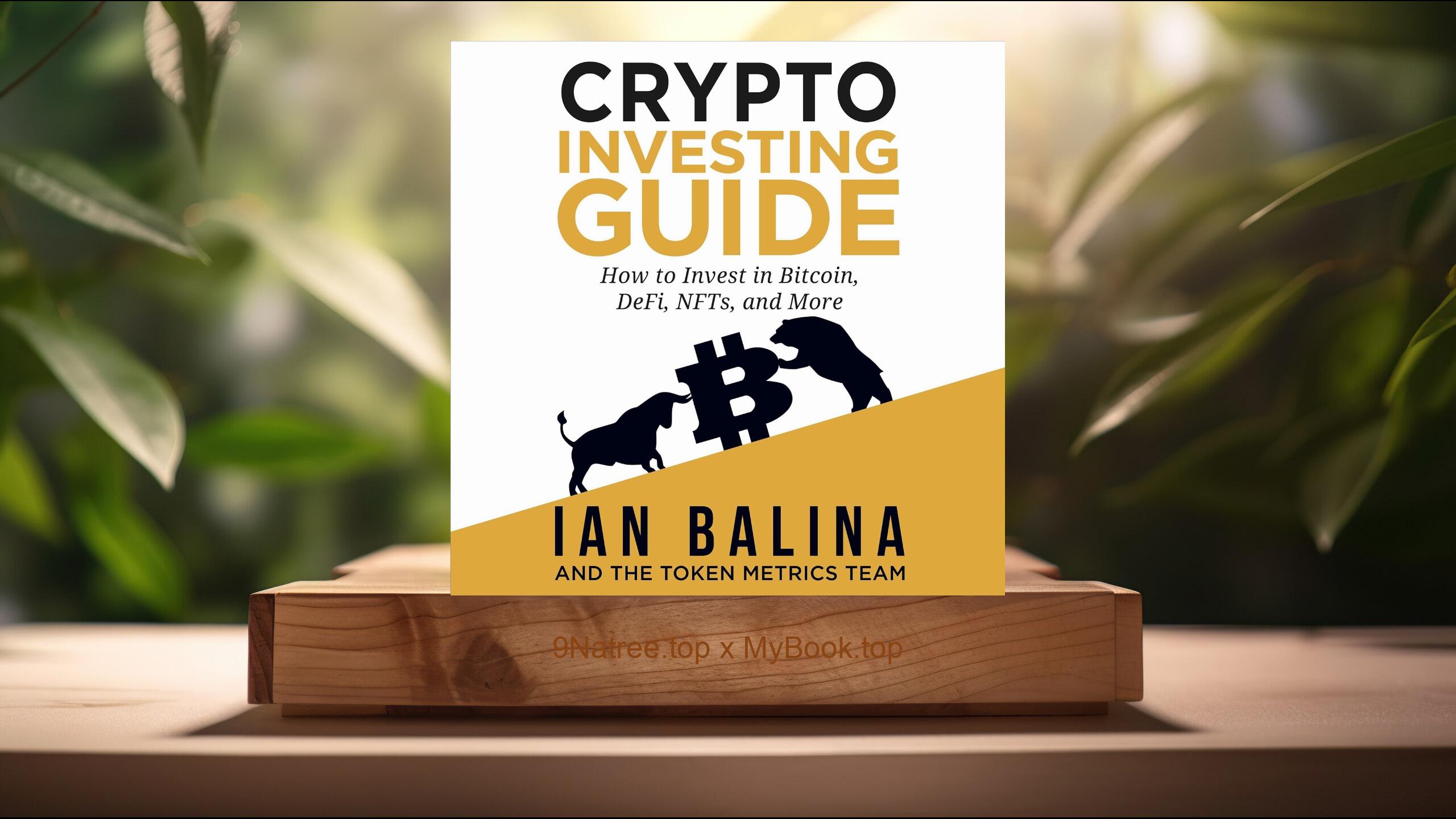Show Notes
Buy on Amazon: https://www.amazon.com/dp/B003NX75O0?tag=9natree-20
Read more: https://mybook.top/read/B003NX75O0/
#financialcrises #economichistory #regulatoryframeworks #globalfinancialsystem #economicpsychology #2008financialcrisis #systemicrisks #CrisisEconomics
These are takeaways from this book.
Firstly, The Historical Patterns of Financial Crises, One of the compelling arguments in 'Crisis Economics' is the cyclical and historical pattern of financial crises. Roubini and Mihm explore various economic downturns, from the Great Depression of the 1930s to the 2008 financial crisis, identifying common trends and triggers. The authors demonstrate that excessive leverage, speculative bubbles, and the lack of regulatory oversight are recurrent themes leading to financial turmoil. Through this analysis, the book underscores the importance of understanding economic history to recognize the warning signs of future crises.
Secondly, The Role of Government and Regulation, Roubini and Mihm scrutinize the role of government and regulatory policies in both causing and preventing financial crises. They argue that deregulation and the laissez-faire economic policies often contribute to the build-up of systemic risks. Conversely, the authors highlight instances where proactive government intervention and strong regulatory frameworks have mitigated the impact of financial downturns. This topic sparks a debate on the balance between free markets and the need for government oversight to ensure economic stability.
Thirdly, Globalization and Finance, The authors address the complexities of globalization and its impact on the financial system. They explain how interconnectedness of global economies can exacerbate financial crises, as seen in the 2008 global financial meltdown. Roubini and Mihm delve into the concept of 'contagion', where a crisis in one country can quickly spread to others. This discussion raises awareness about the vulnerabilities of a highly interconnected global economy and the need for international cooperation in managing financial risks.
Fourthly, Innovative Solutions to Prevent Future Crises, Roubini and Mihm are not merely critics of the financial system; they also offer innovative solutions to mitigate future crises. These include proposals for more robust regulatory frameworks, the creation of global financial institutions capable of managing international economic threats, and the development of new financial instruments designed to reduce systemic risks. This section of the book is particularly insightful, offering readers a glimpse into potential future reforms that could stabilize the global economy.
Lastly, The Psychological Aspects of Financial Decision Making, Lastly, 'Crisis Economics' touches upon the psychological factors influencing financial decision-making and market dynamics. The authors argue that human emotions like greed, fear, and herd mentality play a significant role in creating financial bubbles and subsequent crashes. By understanding the psychological underpinnings of economic behavior, policymakers and financial professionals can better anticipate and counteract irrational market trends.
In conclusion, 'Crisis Economics: A Crash Course in the Future of Finance' is an essential read for policymakers, financial professionals, and anyone interested in understanding the complexities of the global economy. Roubini and Mihm have crafted a thought-provoking analysis that not only navigates through past financial crises but also offers practical solutions for a more stable economic future. The book serves as a reminder that while financial crises may be inevitable, their impacts can be mitigated through informed decision-making and proactive measures. In an era marked by economic uncertainties, 'Crisis Economics' stands out as a guide for navigating the challenging terrain of the future of finance.
![[Review] Crisis Economics: A Crash Course in the Future of Finance (Nouriel Roubini) Summarized](https://episodes.castos.com/660078c6833215-59505987/images/1728565/c1a-085k3-qxj12p51h995-qwaafs.jpg)




